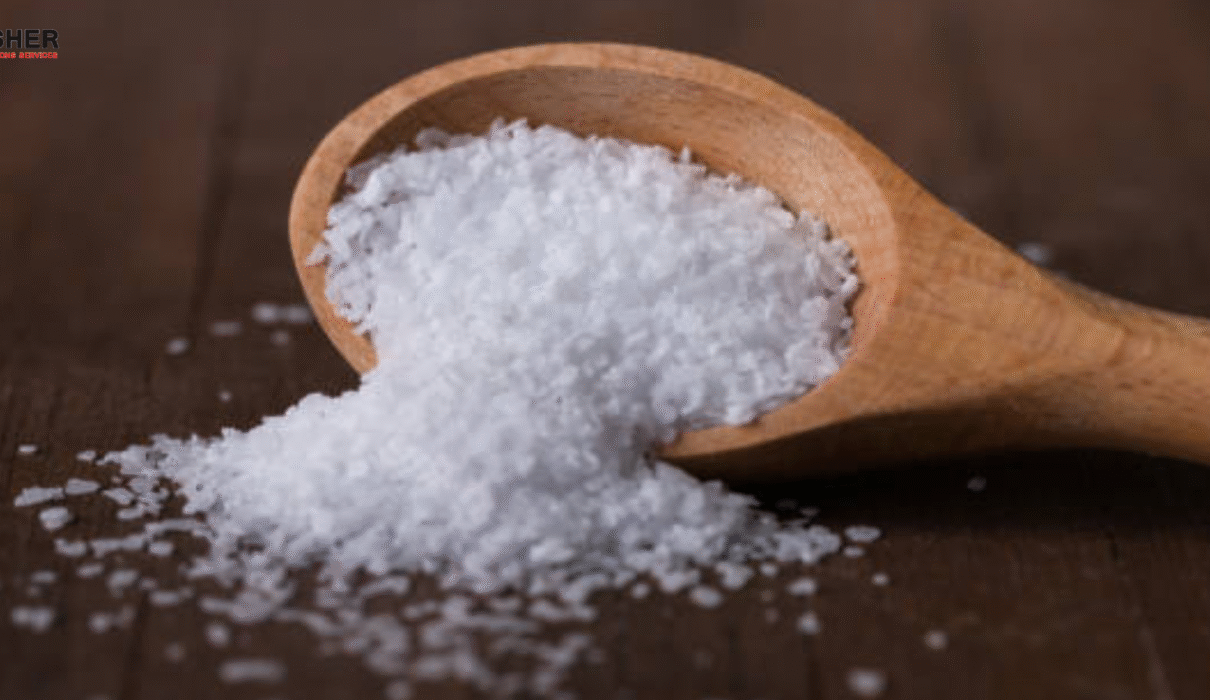In a time when people are more conscious about what they eat, food labels have become powerful guides. Among the many labels seen on supermarket shelves, “kosher” is one that stands out. While rooted in Jewish tradition, Kosher Certified Products have grown in appeal for consumers worldwide who value quality, safety, and transparency.
What Does “Kosher Certified Products” Really Mean?
“Kosher” is a Hebrew word meaning “fit” or “acceptable.” It refers to foods that comply with Jewish dietary laws, known as kashrut. These rules are detailed and centuries old, guiding what foods can be eaten, how they’re prepared, and even how they’re served.
To be labeled as kosher, a food product must follow these rules and be approved by a certified kosher agency. These agencies inspect everything from ingredients to equipment to ensure the entire process meets kosher standards. Only then can it be called a Kosher Certified Product.
How a Product Becomes Kosher Certified
Earning a kosher certification isn’t a quick or simple task. Several strict requirements must be met:
- Approved Ingredients: Ingredients must come from kosher sources. Pork and shellfish are not allowed. Meat must come from animals that chew their cud and have split hooves, such as cows or sheep.
- Specific Slaughter Practices: Meat must be slaughtered by a trained professional in a method considered humane and respectful under Jewish law.
- No Mixing of Meat and Dairy: One of the core principles of kashrut is the separation of meat and dairy. Even cooking utensils and preparation areas must be kept apart.
- Clean and Kosher Equipment: All equipment used in processing must be clean and kosher-compliant. Even a shared oven or cutting board can disqualify a product from certification.
- After passing all inspections, the food can be marketed as a Kosher Certified Products, giving consumers confidence in its purity and quality.
Why Consumers Choose Kosher Certified Products
You don’t have to follow Jewish dietary laws to benefit from kosher products. Many shoppers are drawn to Kosher Certified Products for a variety of reasons:
- Strict Quality Control
Kosher certification involves regular inspections and high standards, making these products a trustworthy choice. - Helpful for Special Diets
Kosher labels clearly indicate if a product contains dairy or meat, which helps those with allergies or those following vegetarian, vegan, or lactose-free diets. - Global Recognition
Kosher symbols are recognized and respected worldwide, often used as a sign of food safety and integrity. - Transparency
Because certification requires full disclosure of ingredients and processes, consumers can be sure of what they’re eating.
How to Identify Kosher Certified Products
Look for one of several recognized symbols on product packaging. These include:
- OU (Orthodox Union)
- OK
- Star-K
- Kof-K
These marks are usually accompanied by letters like “D” for dairy or “P” for Passover-approved. They’re simple to spot and can guide you to products that meet kosher standards.
From cereals and snacks to beverages and frozen meals, Kosher Certified Products are available in almost every grocery aisle.
Why Companies Choose to Go Kosher
More food producers are seeking kosher certification to expand their market and gain consumer trust. By offering Kosher Certified Products, brands signal their commitment to quality, cleanliness, and transparency.
Having a kosher label can also make it easier for companies to export their products to countries or communities where kosher standards are valued. It’s a smart business move that aligns with growing demand for better, more reliable food.
Final Thoughts
Kosher Certified Products are no longer limited to religious observance. They represent a commitment to careful sourcing, clean processing, and honest labeling. Whether you’re following a kosher diet or just want food you can feel good about, these products offer an extra layer of trust and quality.
Next time you shop, check for kosher symbols—you might find your new favorite item is already certified.

